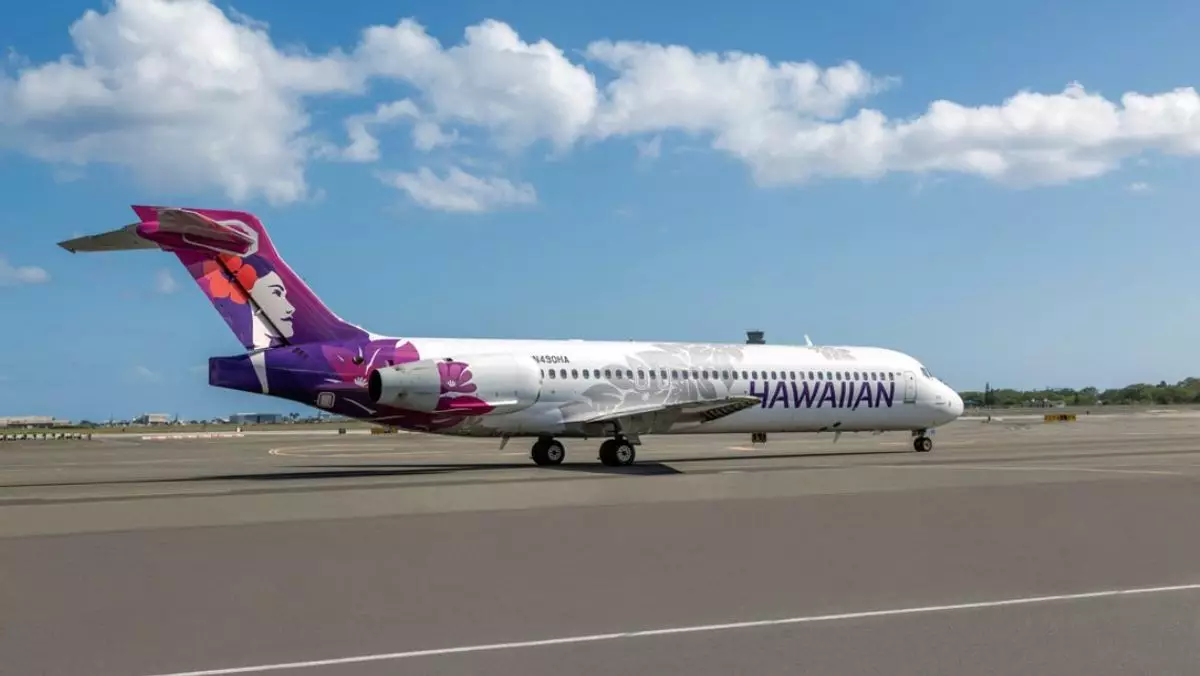Hawaiian Airlines has recently stated in a court filing that they would have to stop all traditional GDS sales if the U.S. Department of Transportation enforces its new rule for airline fee disclosure on October 30th. This statement reflects the airline’s concerns over their ability to comply with the DOT regulation and the potential impact it could have on their operations. Hawaiian Airlines emphasized that they are committed to working with their travel agency partners to ensure effective and transparent sales of their products.
Airlines for America, along with members Hawaiian, Alaska, American, Delta, JetBlue, and United, filed a lawsuit against the DOT over the fee disclosure rule, arguing that it is arbitrary and exceeds the DOT’s authority. These airlines are concerned that the rule will clutter search display screens and confuse consumers. Moreover, the technological constraints of legacy GDS systems powered by Edifact technology make it expensive and impractical for airlines to comply with the DOT’s deadlines.
Impact on Hawaiian Airlines
Kristina Larson, Hawaiian Airlines’ managing director of distribution, highlighted the difficulties the airline would face in implementing the rule. Larson stated that legacy GDS technology is unable to present passenger-specific data as required by the DOT rule, resulting in a potential revenue loss of millions of dollars per month. Hawaiian Airlines would need to disable the legacy Edifact distribution standard to prevent distributing inaccurate content to third-party providers, leading to immediate costs for negotiating new contracts and initiating technology upgrades.
The DOT has denied a request by airlines to postpone the implementation of the rule, citing consumer protection as the primary reason. The rule aims to provide consumers with more informed decisions about airfare prices, allowing for quicker determinations of the full cost of travel. While no travel agencies have joined the lawsuit against the DOT, organizations like ASTA and the Travel Technology Association have expressed concerns about the rule’s impact on fees disclosure.
The airline fee disclosure rule proposed by the U.S. Department of Transportation has significant implications for Hawaiian Airlines and other carriers. The challenges posed by the rule’s requirements, especially in terms of technology integration and revenue losses, indicate a need for a careful evaluation of its implementation. As the industry grapples with these changes, it is essential for airlines, travel agencies, and regulatory bodies to collaborate effectively to ensure transparency and consumer protection in air travel.

